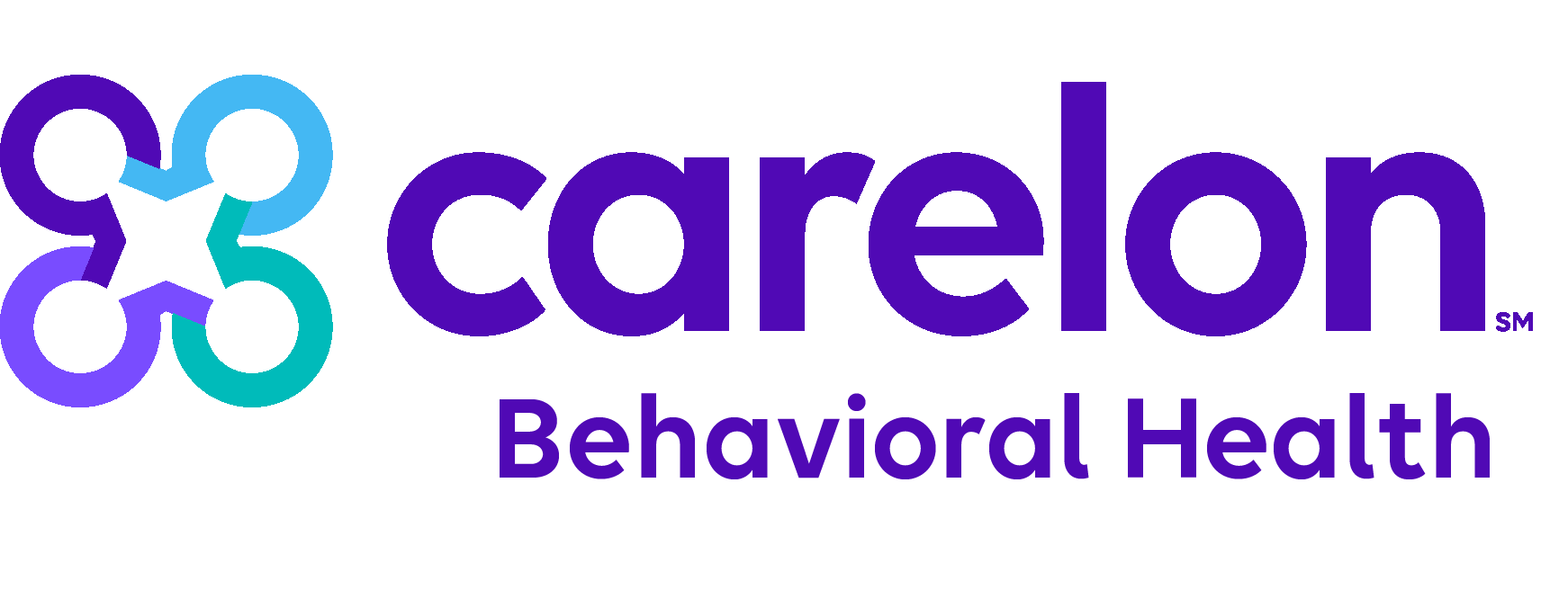|
Effective counseling is a two way street. It takes a cooperative
effort by both the person receiving counseling and the counselor.
And it takes a commitment to make sometimes difficult changes
in behavior or thinking patterns.
What
you expect to achieve with your counselor should be clearly
defined as you begin your counseling. You and your counselor
should discuss realistic time frames for reaching your goals
and agree on how you will measure your progress.
It's
important that you and your counselor establish a good relationship
that allows you to be completely honest about your thoughts
and feelings. Often, this requires an elusive "chemistry"
between both of you in which you feel comfortable with your
counselor's personality, approach and style. If after the
first few sessions you don't feel this chemistry, look for
another counselor with whom you feel more comfortable.
Once
you think you've found the right counselor, how do you tell
if your relationship is effective? Here are some signs to
look for:
- While
you are responsible for making changes in your life, an
effective counselor can help pinpoint the obstacles in your
way. If you have control over these obstacles, a counselor
can suggest behavioral changes to help you overcome them.
If these obstacles involve factors outside of your control,
your counselor can teach you coping mechanisms that will
foster your well-being in trying circumstances.
- An
effective counselor can identify negative thinking patterns
that may be feeding feelings of sadness, depression or anxiety.
By encouraging you to build upon personal strengths and
suggesting skills that can overcome self-inflicted feelings
of hopelessness, a counselor can help you develop a more
positive attitude.
- A
good counselor can assist you in making positive changes
in your relationships with others, helping you recognize
behaviors that may be contributing to a troublesome relationship.
Your counselor can teach you effective ways of communicating,
clearing the way for honest exchanges with people in your
life who may be causing you emotional pain.
- You
can determine whether your work with your counselor is effective
if you begin to obtain insights about your own thoughts
and behaviors that may have eluded you before. Over time,
you should be able to recognize patterns in the way you
act, trace their sources and identify stumbling blocks to
your happiness that you may have unwittingly created. The
end result is personal growth that empowers you to control
your life and enjoy positive, life-affirming relationships
with others.
By
Barbara A. Gabriel
© 2000 by Lifescape
|
